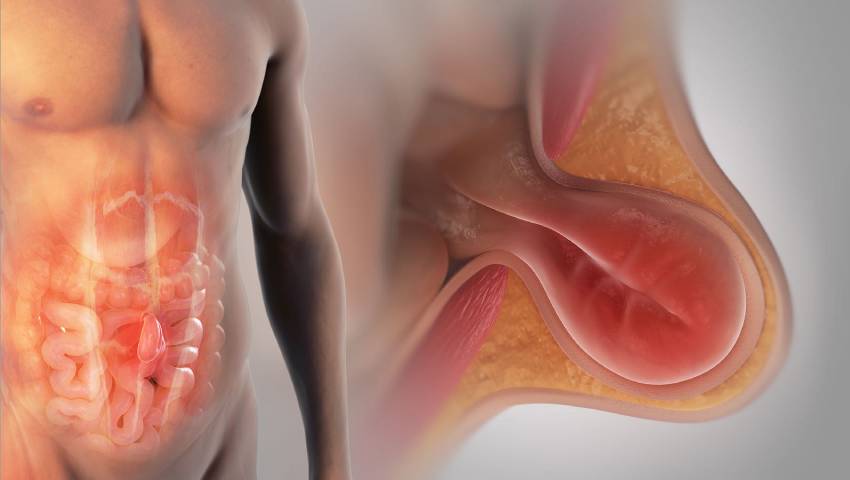- 05/01/2024
- by Dr. Pinak Dasgupta
- Blog
What is Complex Hernia?
A hernia becomes complex when repeated surgical attempts to close the hole in the abdominal wall fail. In cases where hernia surgery fails and the person has a recurrent hernia, the chances of the surgery being successful diminish with each successive surgery. When surrounding tissue is especially weak or stretched, it may need to be augmented or replaced. This often occurs in areas of previous surgical scars, the umbilicus, or in the groin area.
A hernia is a relatively common condition that can affect the young, the elderly, men, and women. Hernias are estimated to affect approximately 5 percent of the population at any given time in their lives. Hernias are a most common medical condition, but they become known as complex hernias when they take on a more complicated nature. Let me know what a Complex Hernia is and what happens when it is untreated. In this Blog, Dr. Pinak DasGupta – a Hernia Surgeon at GEM Hospital Chennai explains the What is Complex Hernia and its treatment options.
A hernia is a relatively common condition that can affect the young, the elderly, men, and women. Hernias are estimated to affect approximately 5 percent of the population at any given time in their lives. Hernias are a most common medical condition, but they become known as complex hernias when they take on a more complicated nature. Let me know what a Complex Hernia is and what happens when it is untreated. In this Blog, Dr. Pinak DasGupta – a Hernia Surgeon at GEM Hospital Chennai explains the What is Complex Hernia and its treatment options.
Characteristics of Complex Hernias:
- Size and Complexity: Complex hernias are generally bigger and may affect multiple layers of towels, causing them more complex to repair.
- Recurrence: These hernias may include an advanced chance of repeating after original surgical interventions, taking detailed consideration for useful treatment.
- Risk Factors: Specific factors similar to rotundity, before surgeries or habitual medical conditions can contribute to the complexity of hernias.
Treatment Approaches for Complex Hernias:
- Mesh Repair: Mesh underpinning is frequently used to give more support to the adulterated area, reducing the threat of reiteration. Advanced meshes and surgical ways help to ameliorate the effectiveness of this approach.
- Laparoscopic Surgery: Insignificantly obtrusive laparoscopic methodology offers the advantage of lower cuts, decreased post-careful torment, and quick recuperation times, making them a possible choice for a few complex hernias.l
- Robotic Surgery: Exercising robotic technology allows surgeons to perform precise and intricate pushes, particularly salutary for complex hernias that demand a high degree of delicacy.
Challenges of Traditional Surgery:
Traditional hernia surgery often involves large incisions, long recovery times, and a higher risk of complications. In addition, patients might face a greater chance of hernia recurrence or the need for repeated surgery.
Benefits of Minimally Invasive Surgical Techniques:
- Less Pain: Smaller incisions lead to less tissue damage and a faster healing process.
- Lower Risk of Infection: The risk of infection is lower, since there are smaller wounds and less tissue trauma.
- Reduced Scarring: Minimally invasive surgeries lead to smaller scars and better cosmetic results.
- Faster Recovery: Patients can return to normal activities sooner after minimally invasive surgery.
A complex hernia can give some challenges, but with a thorough understanding of the condition and proper medical treatment individuals can cure easily and regain their quality of life. If you suspect you have a complex hernia or are experiencing symptoms, consult with a Dr Pinak Dasgupta who is the best hernia specialist in Chennai for a personalized evaluation and treatment plan.



